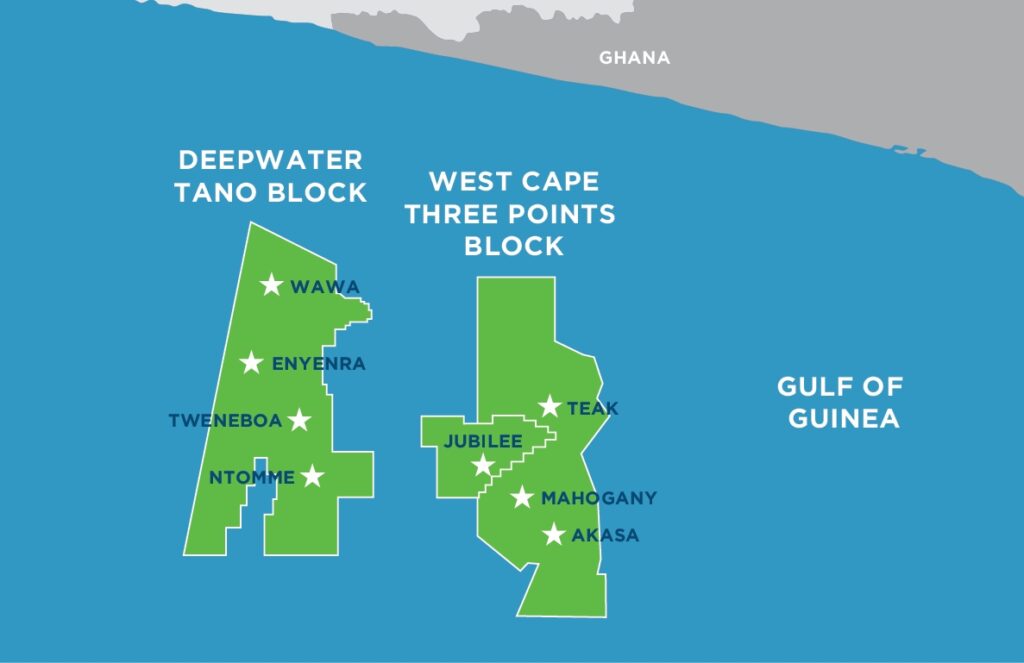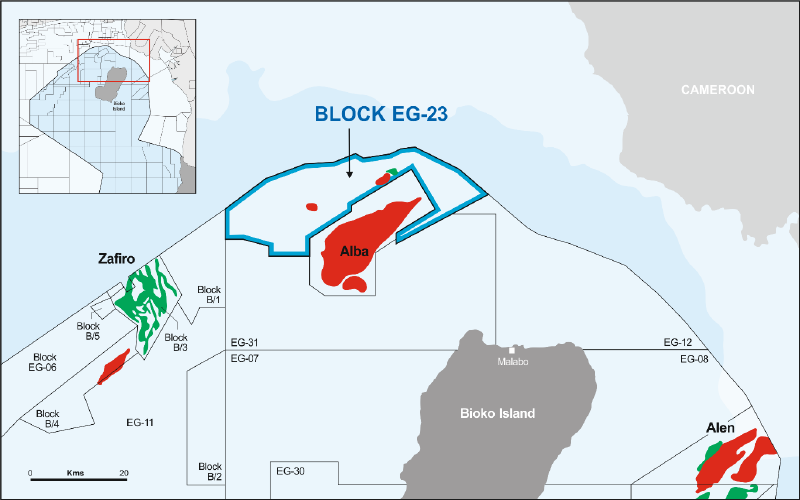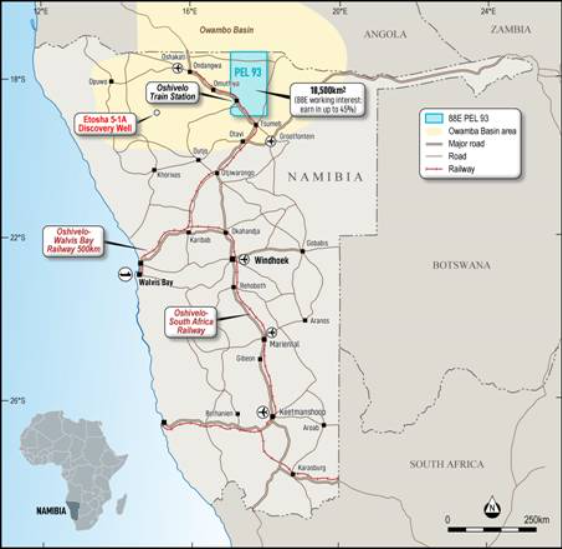Skills Audit for Northern Corridor Integration Projects Ongoing
A consortium of universities drawn from the Northern Corridor States of Eastern Africa in September were awarded a consultancy to conduct a skills audit for the Northern Corridor Integration Projects (NCIPs). The universities in the consortium are Jomo Kenyatta University of Agriculture and Technology (JKUAT) from Kenya, Makerere University from Uganda, University of Rwanda from Rwanda and University of Juba from South Sudan.
The skills audit stems from a directive by the Heads of State of the Northern Corridor States that, ‘the region identifies the skills gaps, challenges and opportunities in the region’. The sub-sectors targeted for the skills audit are: Information and Communication Technology; Power Generation, Transmission and Interconnectivity; Petroleum (oil and gas): upstream, midstream and downstream; Geothermal Development; Commodities Exchange; Human Resource Capacity Building; Land and Hydrographic survey and mapping; Land, property valuation and physical planning; Maritime Transport and Shipping Logistics; Air Space Management
The overall objective of the assignment is to conduct a skills audit that will enable the development of a Human Resource Capacity Building Strategy (HRCB) for the NCIPs within the aforementioned sub-sectors. The four specific objectives of the skills audit have been defined thus: establishing the required skills for NCIP projects in the 8 clusters/sub-sectors defined for the NCIP; determining the existing skills in the member states for implementation of the projects; identifying skill gaps through conducting a training needs assessment of the current workforce; and developing a comprehensive HRCB strategy for the NCIPs.
The skills audit that began on the 26th September 2016 will cost 130,900,310 Kenya Shillings (US Dollars1,296,000). Professor Joseph Y.T. Mugisha, the Principal College of Natural Sciences (CoNAS), Makerere University is the Team Leader of the Uganda team; other team members from Uganda are: Assoc. Professor Juma Kasozi from CoNAS, Dr. Bruno Yawe and Dr. Abraham Owino from the College of Business and Management Studies. The teams will work with specialists for each of the targeted sectors.
The expected outputs of the skills audit include: a well-documented analysis of the required skills in the identified priority skill areas; an inventory of the existing skills in the identified priority areas of the partner states; an inventory of the skills gap (if any) in the identified priority areas that will be measured and demonstrated with specific details of the NCIPs (showing numbers of skilled people needed to fill the gap, by area of specialisation); HRCB strategy and its implementation Action Plan including costed plans, detailed logical framework and evaluation framework.
The concept of the Northern Corridor Integration Projects (NCIPs) was adopted in the Dar-es-Salaam Declaration on 20th November, 2004 by the first summit of the Heads of State and Government during the International Conference of the Great Lakes Region (IC/GLR). The Northern Corridor refers to the transport corridor linking Great Lakes countries of Burundi, DRC, Rwanda and Uganda to the Kenyan sea port of Mombasa on the Indian Ocean. The Heads of State of the Republics of Kenya, Uganda, Rwanda and Southern Sudan, agreed to fast-track the implementation of the commitments made in the Dar-es-Salam Declaration focusing on the respective countries.
The NCIPs are organised around the following clusters/sub-sectors: Standard Gauge Railway; Information and Communication Technology; Power Generation, Transmission and Interconnectivity; Petroleum (oil and gas): upstream, midstream and downstream; Geothermal Development; Commodities Exchange; Human Resource Capacity Building; Land and Hydrographic survey and mapping; Land, property valuation and physical planning; Maritime Transport and Shipping Logistics; Air Space Management. Other areas of interest for the Northern Corridor nations include: Immigration, Trade, Tourism, Labour and Services; Single Customs Territory; Mutual Defence Pact; Mutual Peace and Security Cooperation.











